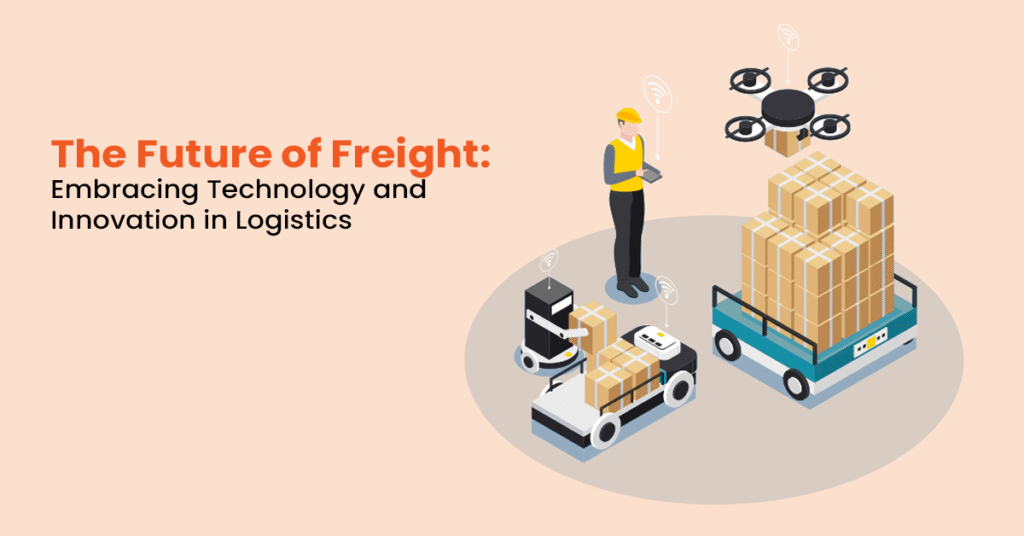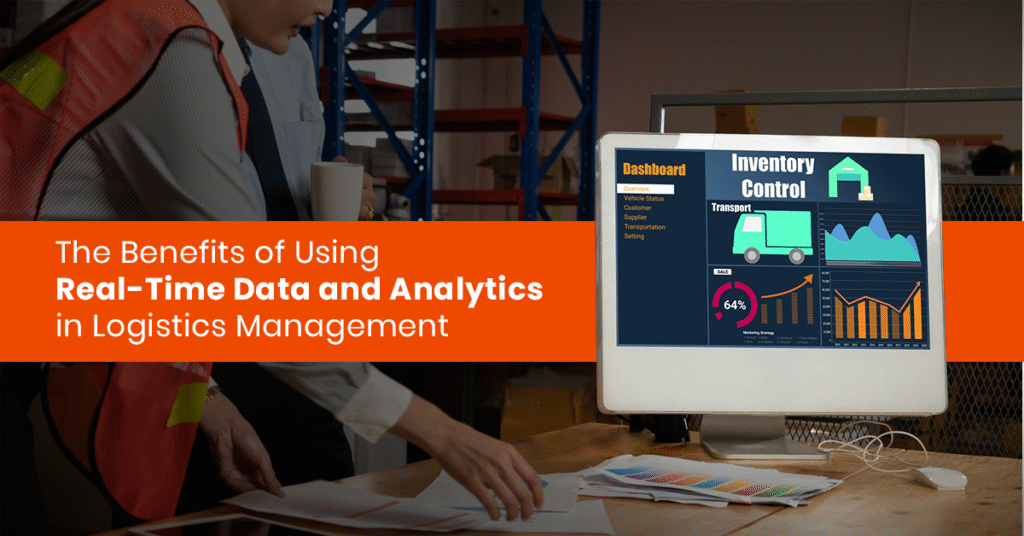In recent years, the logistics industry has witnessed a dramatic transformation driven by technological advancements and innovative solutions. The rise of e-commerce has significantly increased the demand for efficient freight and logistics services, particularly in the area of warehousing and fulfillment. In this blog, we will explore the future of freight, focusing on how technology and innovation are shaping the logistics landscape. Additionally, we will highlight some of the top e-commerce fulfillment companies in India that are at the forefront of this transformative journey.
In this blog, we will explore the exciting possibilities that lie ahead and how embracing technology can shape the future of freight.
1. Automation and Autonomous Vehicles
Automation is transforming the logistics landscape, with a significant focus on autonomous vehicles. Self-driving trucks and drones are set to revolutionize freight transportation by optimizing routes, reducing fuel consumption, and eliminating human errors. Companies like Shift Logistics, a leading courier aggregator technology in India are already investing heavily in autonomous technology, and the results are promising. These innovations have the potential to increase operational efficiency, minimize delivery times, and improve overall safety on the roads.
2. Internet of Things (IoT) and Real-Time Tracking
The Internet of Things (IoT) has opened up a world of possibilities in logistics. IoT sensors embedded in cargo containers, trucks, and warehouses provide real-time data on location, temperature, humidity, and other vital parameters. This information enables logistics companies to track shipments more effectively, optimize routes, and ensure timely deliveries. Moreover, IoT-powered smart warehouses facilitate inventory management, reducing wastage and improving supply chain visibility.
3. Blockchain Technology and Transparent Supply Chains
Blockchain technology has immense potential to revolutionize logistics by creating transparent and secure supply chains. The decentralized nature of blockchain ensures that every transaction and movement of goods is recorded and verified, minimizing fraud and increasing trust between stakeholders. By providing a single, immutable source of truth, blockchain eliminates the need for intermediaries and streamlines documentation processes, reducing paperwork and enhancing efficiency.
4. Artificial Intelligence (AI) and Predictive Analytics
Artificial Intelligence (AI) and machine learning are transforming freight logistics by analyzing vast amounts of data to optimize operations and make accurate predictions. AI-powered algorithms can forecast demand, optimize routes, and manage inventory levels more efficiently. By leveraging predictive analytics, logistics companies can anticipate disruptions, such as weather events or traffic congestion, and proactively adjust their plans to minimize delays and costs.
5. Sustainable Solutions
In the face of environmental challenges, the logistics industry is embracing sustainable solutions to reduce its carbon footprint. Electric vehicles (EVs), powered by renewable energy sources, are gaining popularity as an eco-friendly alternative to traditional diesel trucks. Additionally, companies are exploring innovative packaging materials, optimizing load capacities, and implementing eco-friendly practices throughout the supply chain.
Conclusion
To harness the full potential of technology and innovation, collaboration among stakeholders is essential. By embracing technology and innovation, the future of logistics holds promising opportunities for businesses. It enables greater efficiency, improved customer experience, and a more sustainable and resilient supply chain. Those who proactively adapt and invest in these advancements will position themselves as leaders in the rapidly evolving logistics landscape. With more and more companies like Shift, you can optimize your operations, improve efficiency, and create a sustainable supply chain.






















